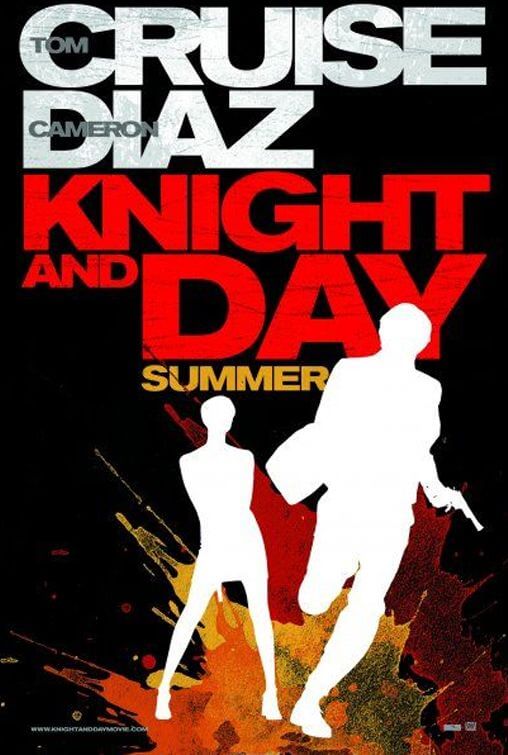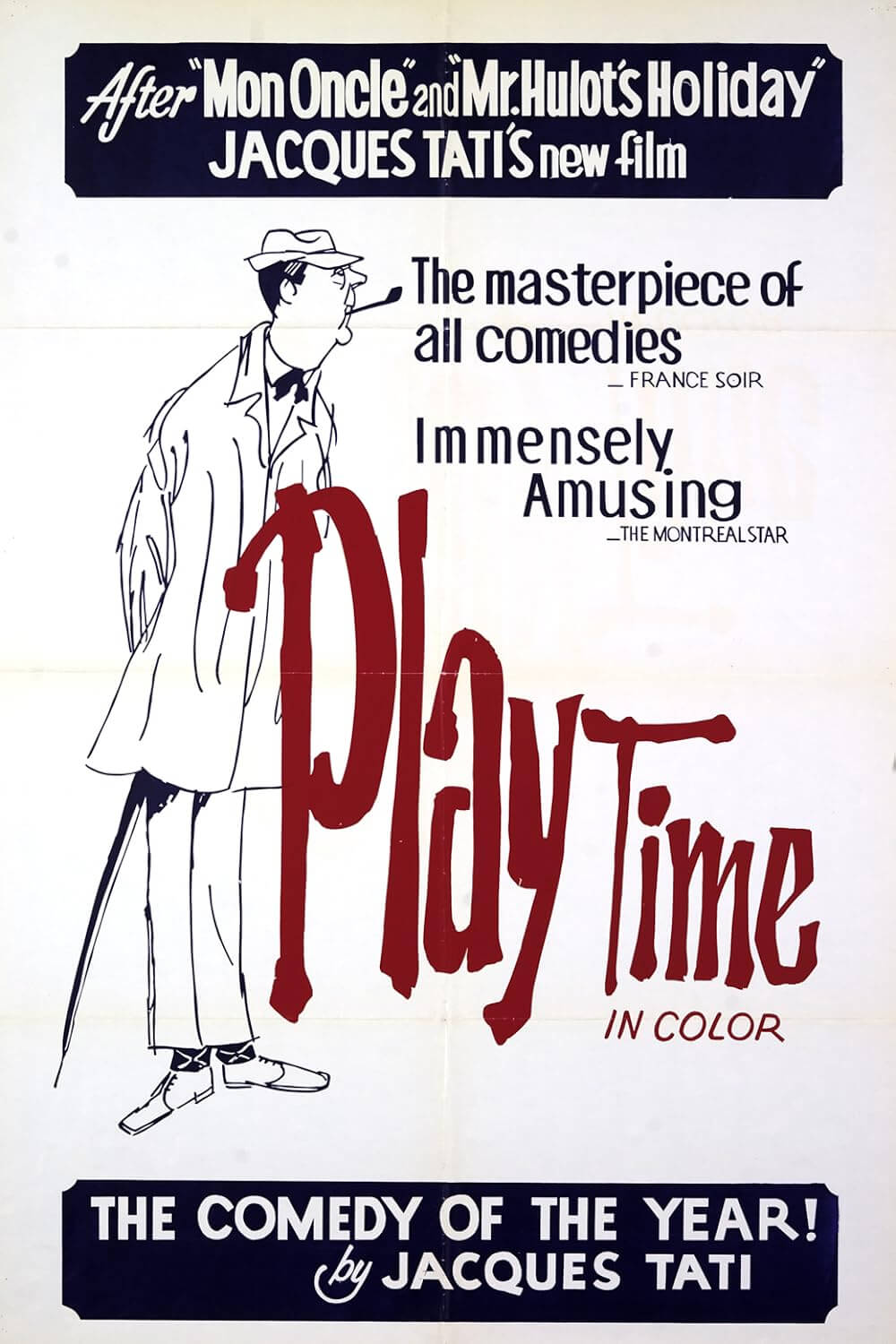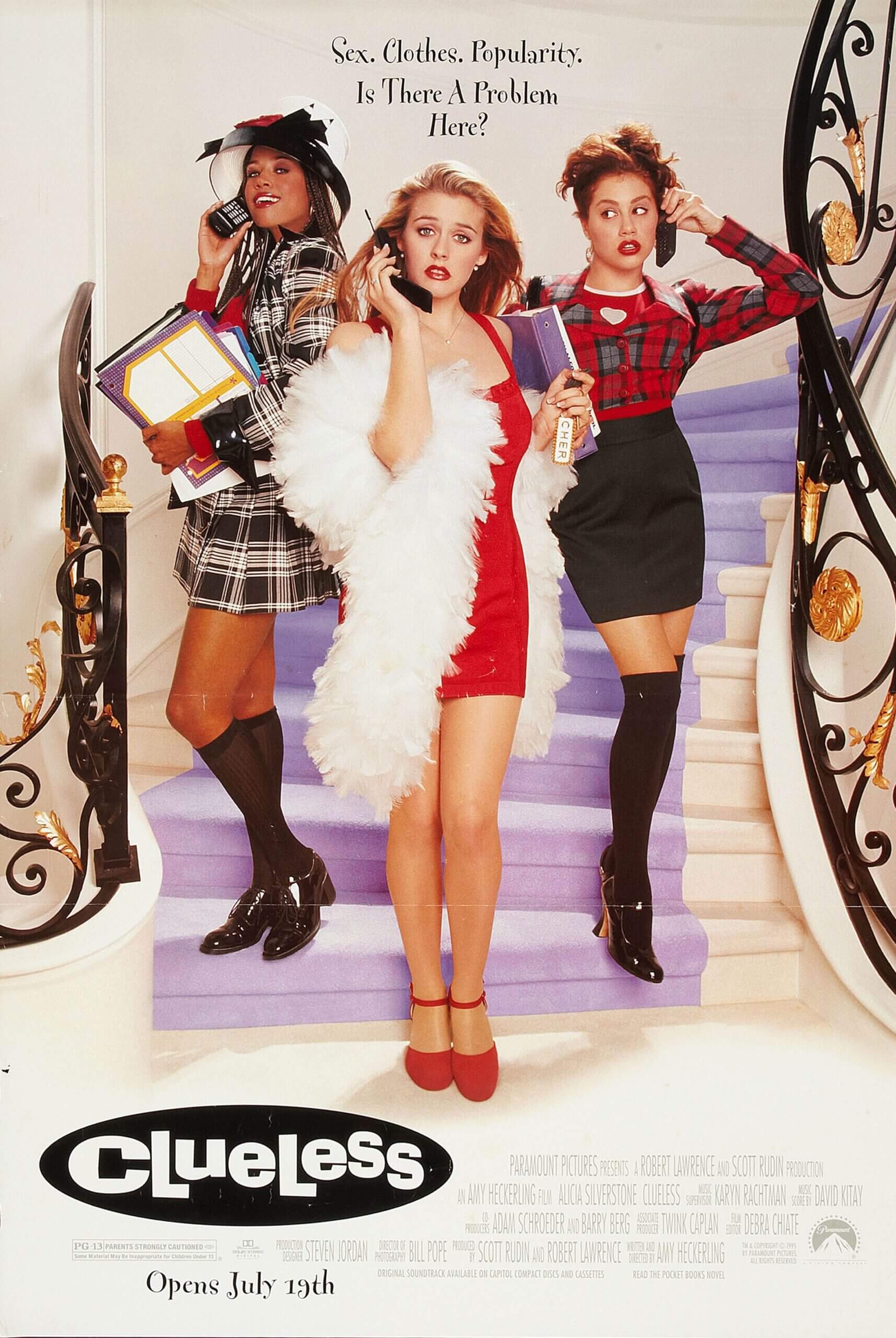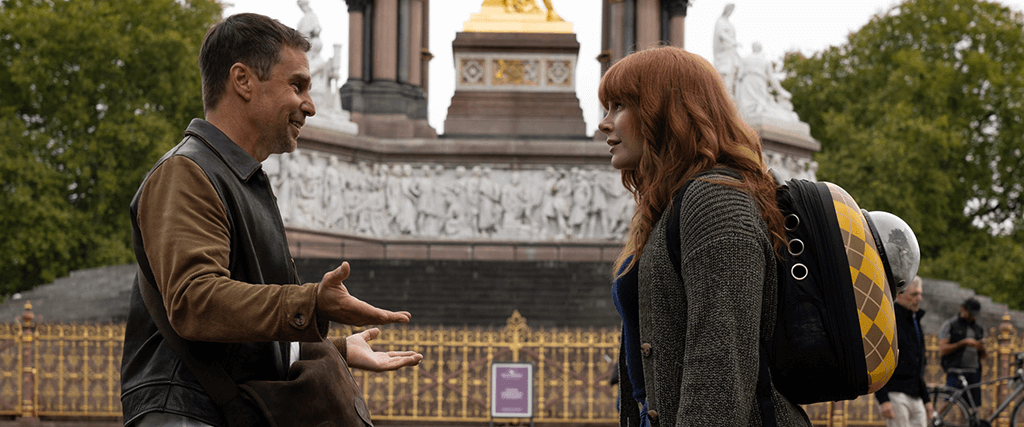
Argylle
By Brian Eggert |
Matthew Vaughn has spent over a decade directing spy movies with a throwback style and comic-book edge. The trend started with X-Men: First Class (2011), which found hero mutants enlisted by the CIA to stop the Cuban Missile Crisis. Vaughn followed that with a splashy take on James Bond in Kingsman: The Secret Service (2014), focusing on a top-secret British spy outfit separate from MI6. He continued that franchise with an unfortunate sequel, Kingsman: The Golden Circle (2017), and an underperforming but otherwise worthy prequel set during the First World War, The King’s Man (2021). In his latest project, Argylle, the British filmmaker attempts to launch another James Bond-esque franchise, complete with clandestine agencies and a race to acquire a MacGuffin ahead of the competition. But this never-convincing-for-a-minute production wastes its stellar cast and promising concept on goofy production design, silly costumes, a soundtrack of glitzy songs, groan-worthy comic relief, overblown action sequences, and exceedingly familiar storytelling. Apart from some mild chemistry between the two leads, none of it works.
Jason Fuchs wrote Argylle, piecing together his screenplay from other, superior material in the hopes that its meta-ness would distract from its homogenized construction. It doesn’t. The movie plays like James Bond meets Jason Bourne meets The Avengers—not the MCU feature, but the abortive 1998 version based on the British television series. And it’s this “meets” quality that undoubtedly appealed to executives at Apple Original Films, who reportedly wrote a check for $200 million to purchase a package deal for Argylle and its two proposed sequels. Indeed, the movie’s final moment and mid-credits sequence hint that there’s more to come, but after 139 minutes of Argylle, that promise feels like a threat that time will prove empty. With the likelihood of the planned franchise coming to fruition doubtful, the result plays less like Bond and Bourne and more like an ungainly marriage between Vaughn’s Kingsman series and Knight and Day (2010), a similarly structured story about an average woman drawn into international intrigue by a superspy.
The movie opens with a hammy prologue featuring Agent Argylle, played by Henry Cavill, in an ugly costume and a high flattop that makes him look distractingly foolish. After he chases a baddie (Dua Lipa) around Greece with his cohorts (Ariana DeBose, John Cena), Argylle learns his agency has double-crossed him, and he’ll need to go rogue—basically, the plot of almost every Mission: Impossible movie. But then it’s revealed that Argylle is a fictional character in a series of best-selling books by Elly Conway (Bryce Dallas Howard). Already Argylle tests its credibility when fans praise Elly’s hackneyed spy-novel series, celebrating her “genius imagination,” though all evidence suggests otherwise. Still, Elly’s writing earns her the attention of Aiden (Sam Rockwell), a bonafide spy who claims her books have predicted actual geopolitical events. As everything Elly writes comes to pass, Aiden demands that she write a new chapter in her latest book that will reveal the location of the Master File before an evil spy outfit called The Division does. Yet, what The Division plans to do with the Master File remains unclear, lending a real “Who cares?” quality to everything that follows.
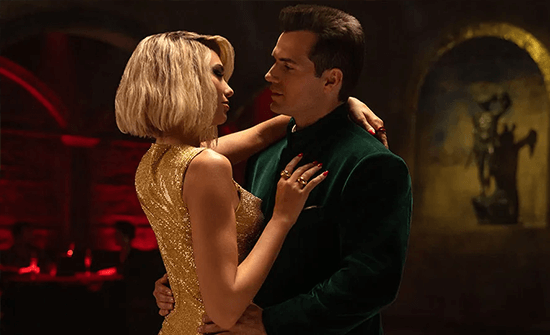 Uninvolving stakes aside, Howard is charming and cute in her anxiety-ridden author routine, and she behaves appropriately out of her depth when Aiden begins killing enemy spies in elaborate hand-to-hand combat routines. Meanwhile, Elly sees her fictional character of Agent Argylle materialize in her mind’s eye—a hallucination that alternately replaces Aiden or herself, depending on the moment. The delusion is confusing and inconsistent, and worse, it subjects the viewer to more of Cavill’s silly looking hair. But at least Elly and Aiden show the occasional spark, thanks mainly to Howard’s warm screen presence and Rockwell’s familiar chummy elite killer routine (see 2015’s Mr. Right). Later, it becomes evident that Fuchs and Vaughn based Elly on Geena Davis’ character from The Long Kiss Goodnight (1996), complete with a similar transition from awkward redhead to a bleach-blonde badass with black eye makeup. Heck, Argylle even nabbed that film’s Samuel L. Jackson for a role. All the while, a significant portion of the first third of the movie involves Elly’s cat, Alfie, carried in a backpack and frequently rendered with CGI, causing secondhand embarrassment for the viewer through excessive animal reaction shots.
Uninvolving stakes aside, Howard is charming and cute in her anxiety-ridden author routine, and she behaves appropriately out of her depth when Aiden begins killing enemy spies in elaborate hand-to-hand combat routines. Meanwhile, Elly sees her fictional character of Agent Argylle materialize in her mind’s eye—a hallucination that alternately replaces Aiden or herself, depending on the moment. The delusion is confusing and inconsistent, and worse, it subjects the viewer to more of Cavill’s silly looking hair. But at least Elly and Aiden show the occasional spark, thanks mainly to Howard’s warm screen presence and Rockwell’s familiar chummy elite killer routine (see 2015’s Mr. Right). Later, it becomes evident that Fuchs and Vaughn based Elly on Geena Davis’ character from The Long Kiss Goodnight (1996), complete with a similar transition from awkward redhead to a bleach-blonde badass with black eye makeup. Heck, Argylle even nabbed that film’s Samuel L. Jackson for a role. All the while, a significant portion of the first third of the movie involves Elly’s cat, Alfie, carried in a backpack and frequently rendered with CGI, causing secondhand embarrassment for the viewer through excessive animal reaction shots.
Along the way, Fuchs’ script contains a rollercoaster of twists and turns, about one every 20 minutes, none of which resonate because this material never earns our investment. Watching Argylle is a baffling experience since so many talented people signed on, including Bryan Cranston as head of The Division. Catherine O’Hara plays Elly’s mother, who is concerned about her daughter’s stability. Vaughn also uses his considerable budget poorly, delivering CGI backdrops and details that look cartoonish. Note the sequence where Elly and Aiden shoot their way out of a predicament amid rainbow-colored smoke bombs, and the smoke looks waxy and fake. Another sequence finds Elly applying her ice-skating skills to maneuver on slick oil, using knives attached to her shoes. The oppressive digital quality of everything onscreen plays like a video game, with digital effects of a quality from 20 years ago.
Argylle lacks a sense of freshness, innovation, or fun, with almost every aspect of the production repurposed from superior movies. Another script or filmmaker might’ve been able to blend all of these familiar and disparate elements into an enjoyable ride. Still, no number of big-name celebrities or elaborate action sequences can distract from the disposable, empty quality of everything happening onscreen. Although candy-colored and star-studded, the bloated story drags, the execution looks haphazard and ineptly designed, and the presentation seems catered to the lowest common denominator. Argylle is the kind of movie product concocted by executives and refined with their box-office algorithms, leaving little that feels natural, except for a few brief glimmers of life from the cast (Howard, Rockwell, O’Hara). Without those fleeting twinkles, it stands as another lesson for Hollywood that intellectual properties and lasting franchises cannot be engineered for success. They need to start with a spark of creativity, which is almost entirely absent here.
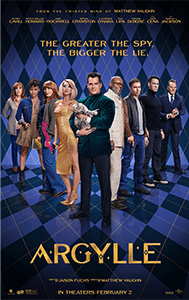
Unlock More from Deep Focus Review
To keep Deep Focus Review independent, I rely on the generous support of readers like you. By joining our Patreon community or making a one-time donation, you’ll help cover site maintenance and research materials so I can focus on creating more movie reviews and critical analysis. Patrons receive early access to reviews and essays, plus a closer connection to a community of fellow film lovers. If you value my work, please consider supporting DFR on Patreon or show your support in other ways.
Thank you for your readership!
Brian Eggert | Critic, Founder
Deep Focus Review


